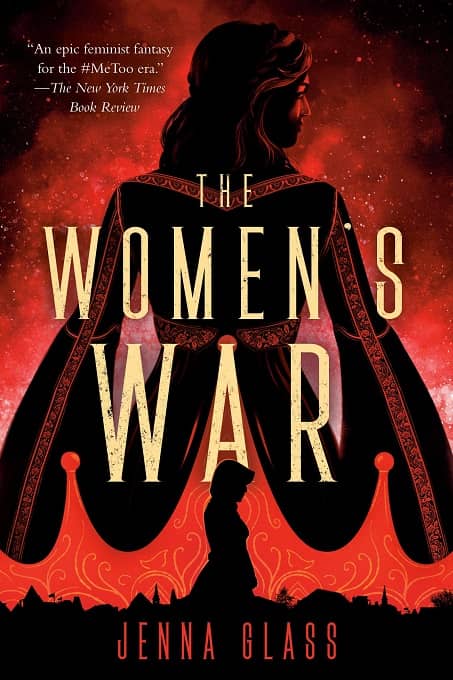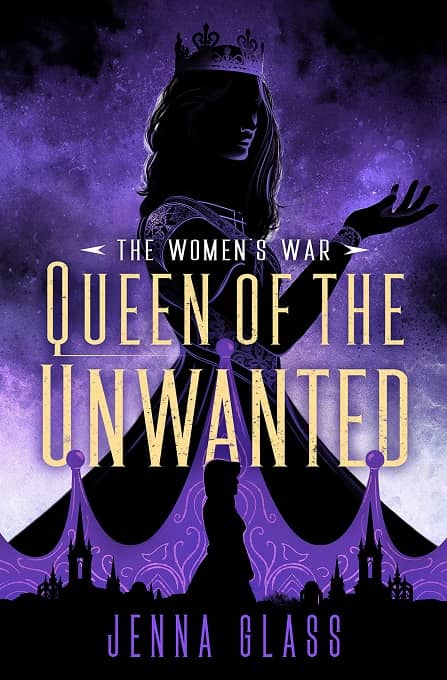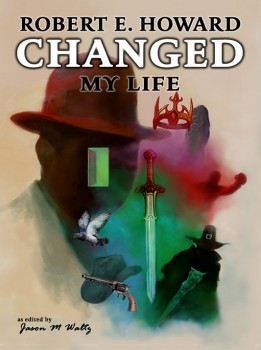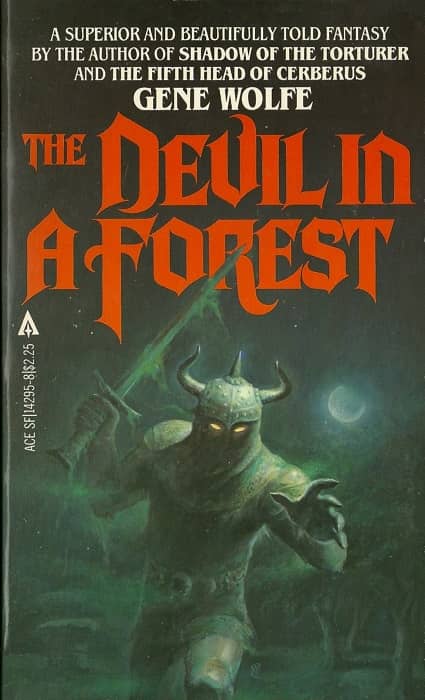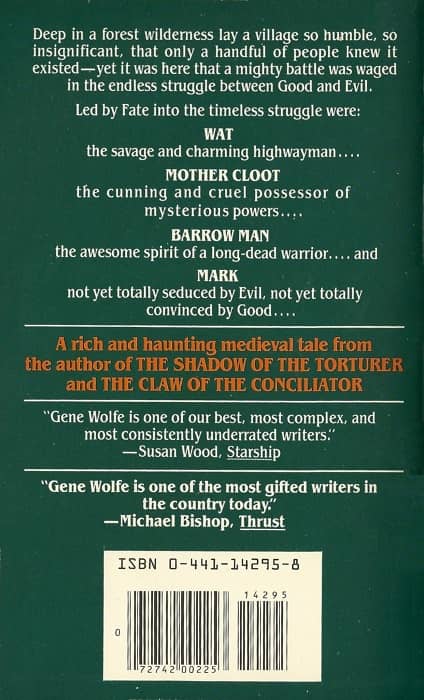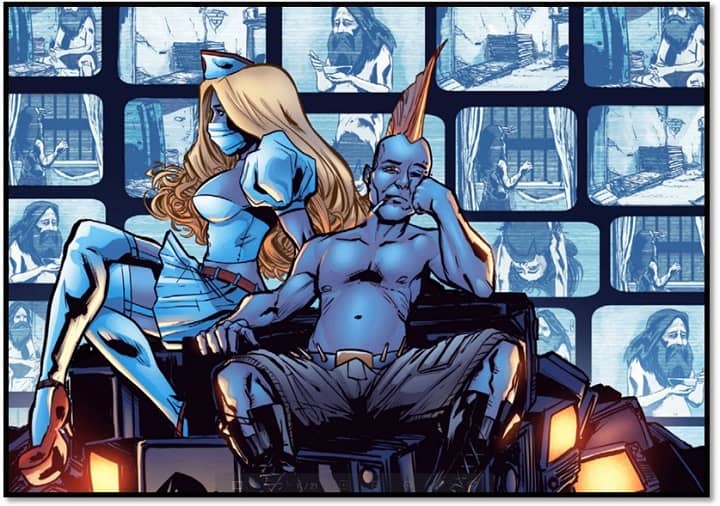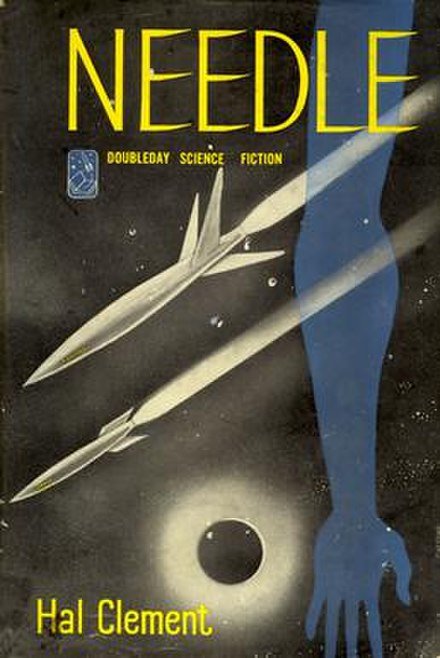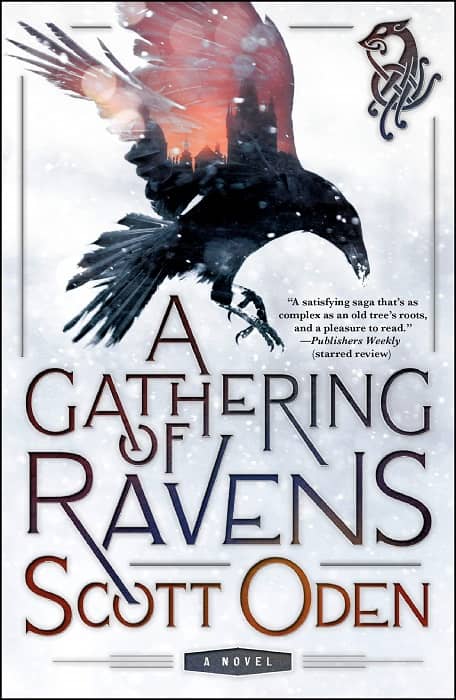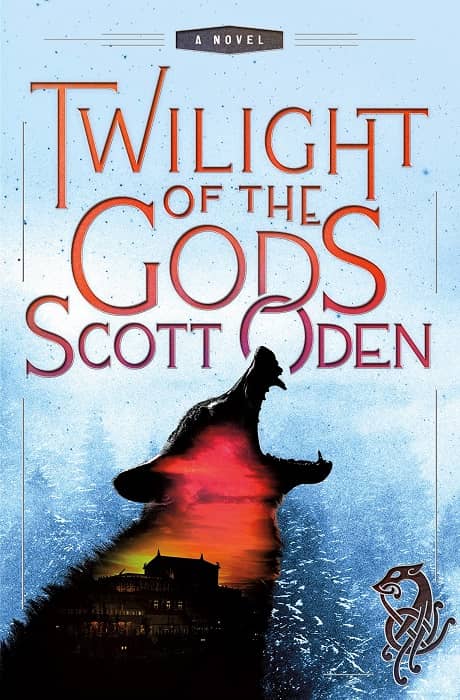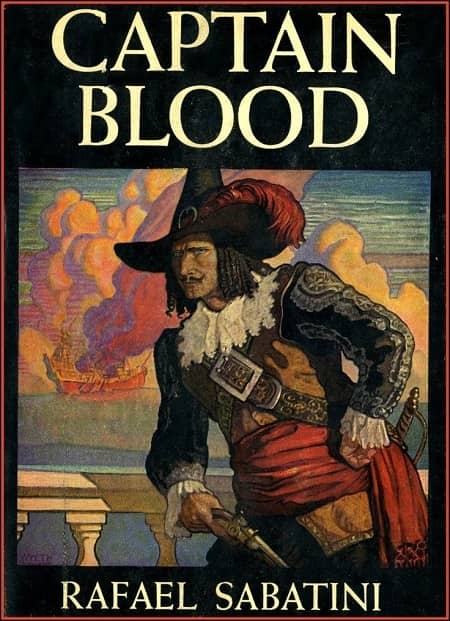The 2019 Locus Recommended Reading List
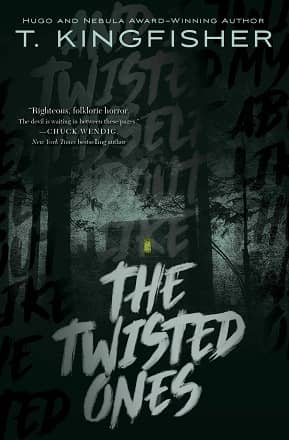 |
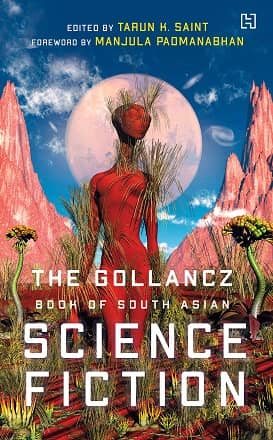 |
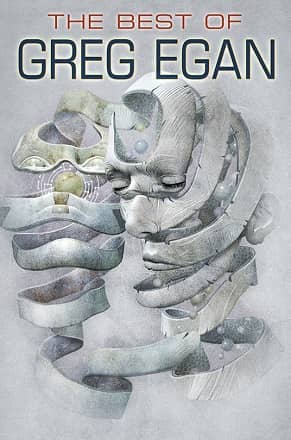 |
 |
The annual Locus Recommended Reading List is probably your best one-stop reference for all that’s new and exciting in book releases. It’s compiled by the staff and editors of Locus magazine, plus the contributing columnists, outside reviewers, and “other professionals and critics of genre fiction and non-fiction” — folks like Jonathan Strahan, Liz Bourke, Carolyn Cushman, Paul Di Filippo, Paula Guran, Rich Horton, Russell Letson, Gary K. Wolfe, Mark R. Kelly, Cheryl Morgan, John Joseph Adams, Ellen Datlow, John DeNardo, Charles Payseur, Sean Wallace, and many, many others.
The 2019 list appeared in the February issue of Locus magazine, on sale now, and was also published in its entirety last week at the Locus Online website.
Be prepared to take notes. The list includes several hundred titles in a dozen categories, including Science Fiction Novels, Fantasy Novels, Horror Novels, Young Adult Novels, Collections, Anthologies, Non Fiction, Illustrated and Art Books, Novellas, Short Fiction, and others.
I’m a Locus subscriber, and have been for nearly three decades. The magazine is a tremendous resource for anyone who’s serious about science fiction. Each issue is packed with in-depth reviews, interviews, news, photos, convention reports, entertaining features, and a lot more. Why not check it out? Digital subscriptions start at just $4.99 a month. Do yourself a favor and buy a sample issue here.

